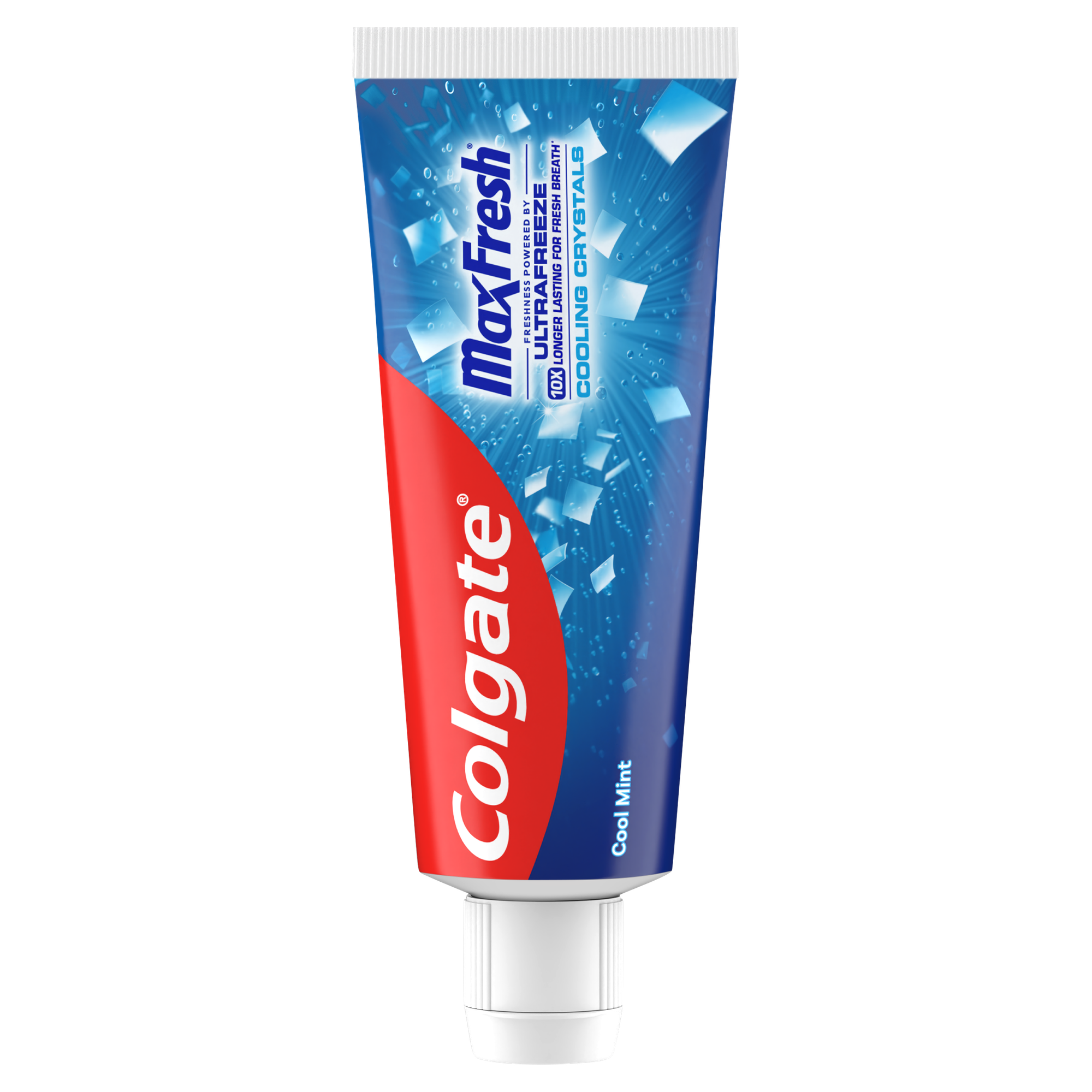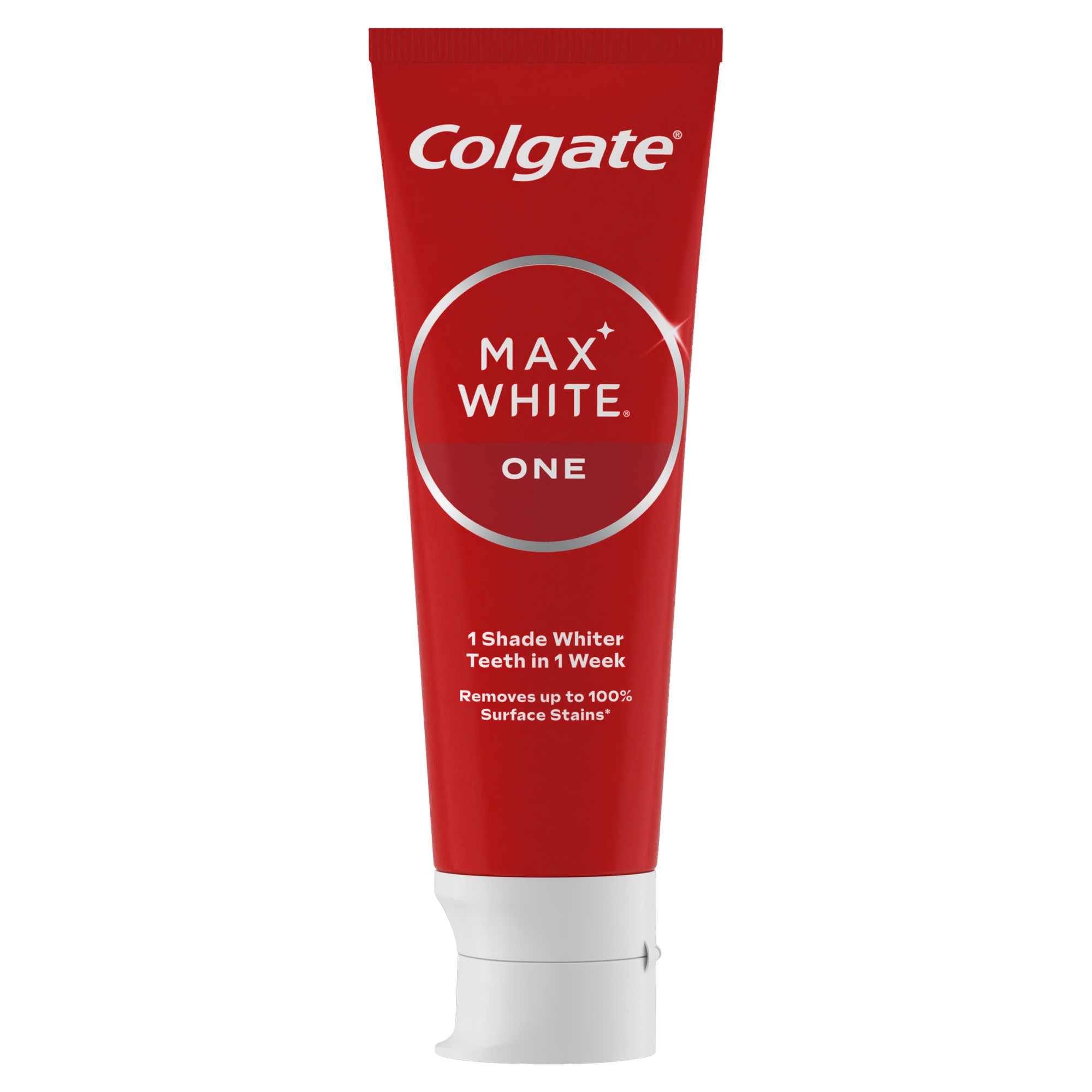What is Morning Breath?
Morning breath is a form of bad breath, known medically as halitosis. According to NI Direct, bad breath typically begins from bacteria in the mouth. Food particles collect between your teeth, on the tongue and along the gumline. Your mouth bacteria breaks down those particles leaving foul-smelling chemicals in your mouth.
What Causes Morning Breath?
- Food. In addition to leftover food in the mouth, certain types of food can cause smelly breath. Garlic, onions and spices enter the bloodstream once digested.
- Dry mouth. According to NHS inform, dry mouth can contribute to bad morning breath. During the day, saliva helps rid the mouth of bacteria. But when you're asleep, the production of saliva decreases, so your mouth becomes a breeding ground for bacteria. Breathing through your mouth or snoring also increases dry mouth, contributing to the foul smell.
- Neglecting oral care. In addition to removing those pesky food particles with proper brushing and flossing, disregarding good oral care can lead to periodontal disease and tooth decay.
- Tobacco. There's a reason smokers have lousy breath. Smoking also makes you more prone to gum disease.
- Medications. Certain medications result in dry mouth which increases bacteria, worsening morning breath conditions.
How to Prevent Morning Breath
The good news is that you can take preventive measures before you go to bed. Try these tips to avoid morning breath:
- Stay hydrated: Drink water before going to sleep at night, and keep a bottle on your bedside table in case you wake up thirsty.
- You are what you eat: Avoid strong-smelling foods and drinks like garlic, onions, black tea or coffee before bed.
- Butt out: Quitting tobacco use can improve your overall health in many ways, in addition to keeping your mouth from smelling foul in the morning.
How to Stop Morning Breath
If you do find your mouth feeling a bit on the stinky side, brushing your teeth should be the first line of defence. But for those times when you might not have your toothbrush handy, consider using these handy breath fresheners:
- Mouthwash: Rinsing with an antiseptic mouthwash keeps your gums healthy, protects against gum problems, and can prevent bad breath.
- Tidy up your tongue: Give your tongue a quick cleaning with a tongue scraper in the morning or evening after a long day.
- Chewing gum: A piece of sugar-free mint gum will help saliva production to clear that bacteria and leave you feeling fresh until you can brush your teeth.
- Sugar-free breath mints: Keep some breath mints handy – xylitol sugarless breath mints can moisturise the mouth and decrease bad breath.
Morning breath is never pleasant to wake up with, but it doesn't have to be a way of life. And that goes for your breath throughout the day. The key to fresh breath starts with focusing on your oral health. That means brushing your teeth at least twice a day, followed up with flossing to reach those places the toothbrush doesn't, and making sure you clean your tongue as well. Don't forget to schedule regular cleanings with your dentist every six months. Your dental hygienist will conduct your professional cleaning and give you additional ideas on how to maintain fresh breath.
This article is intended to promote understanding of and knowledge about general oral health topics. It is not intended to be a substitute for professional advice, diagnosis or treatment. Always seek the advice of your dentist or other qualified healthcare provider with any questions you may have regarding a medical condition or treatment.
ORAL HEALTH QUIZ
What's behind your smile?
Take our Oral Health assessment to get the most from your oral care routine
ORAL HEALTH QUIZ
What's behind your smile?
Take our Oral Health assessment to get the most from your oral care routine











